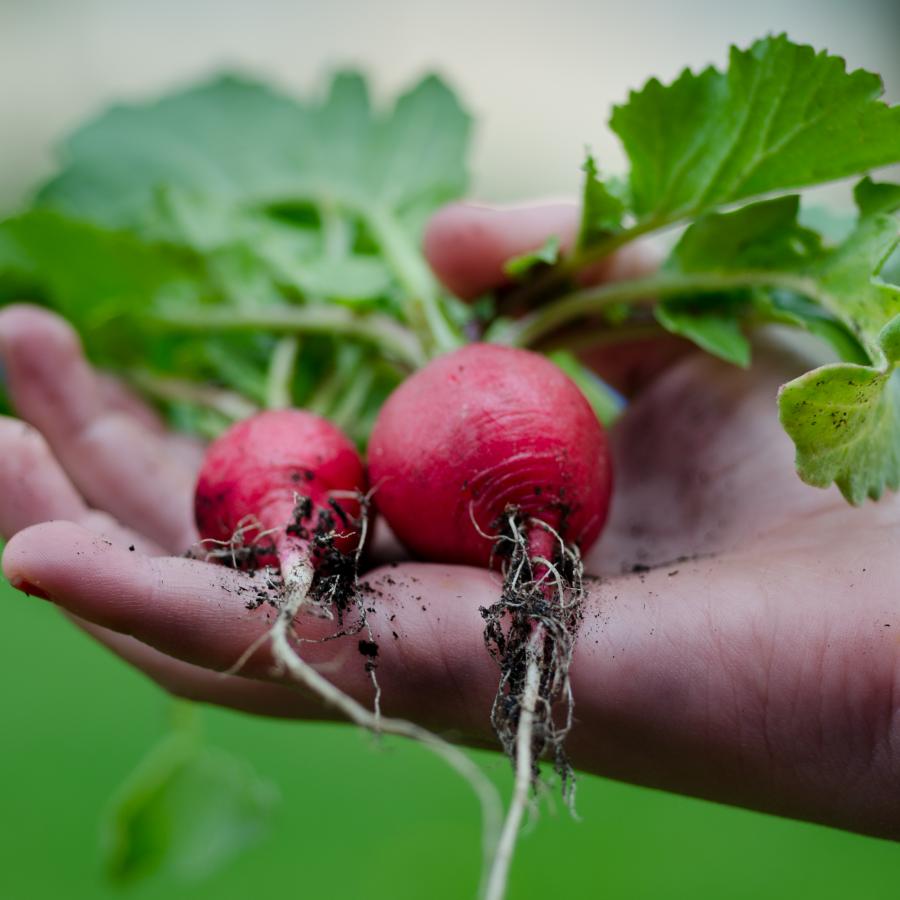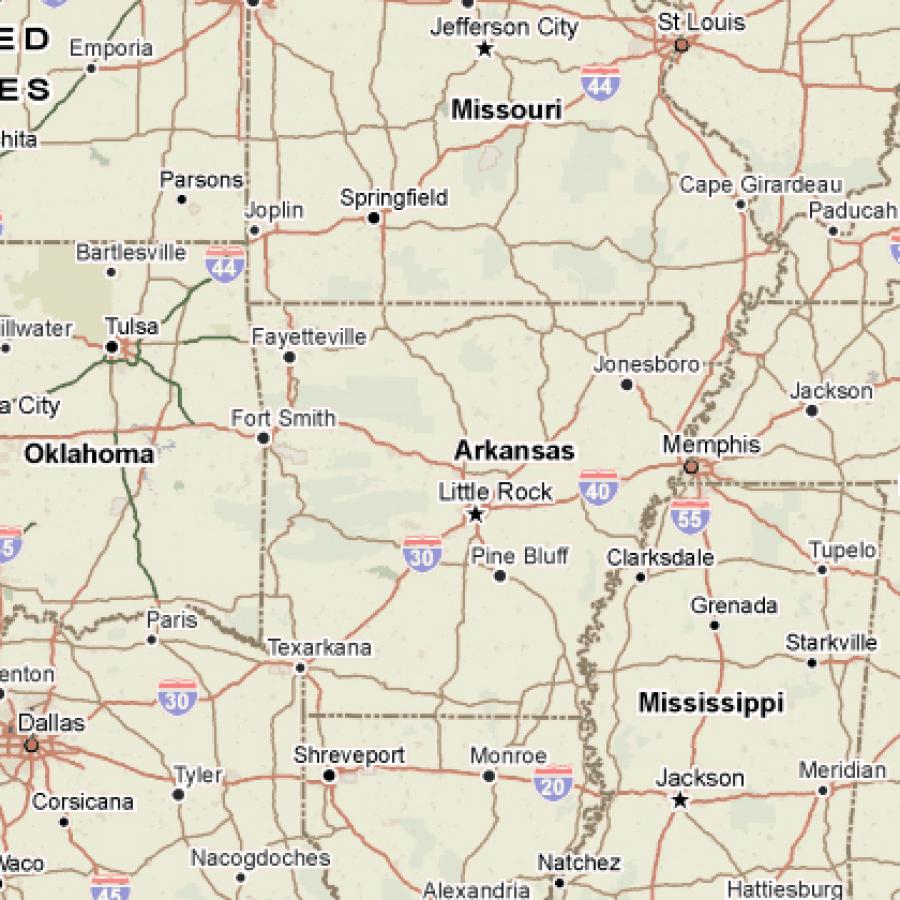Food is a powerful issue that affects all of our lives, and each of us has an important voice to share. Understanding where our food comes from, who has access to it, who is part of the system (from growing, harvesting, and distributing, to selling, eating, and disposing) and who makes decisions around food can serve as an important rallying point to bring people together to find solutions. All of us can get involved with the issues of food access and economic opportunity in our local communities, states, and even on the federal level. Below are some ways you can get involved today.
- Talk about the issue. Have conversations with your family, friends, neighbors, co-workers, grocery store workers, and others to hear what people are experiencing. Visit Healthy Food Access 101 to learn more about the topic, challenges and opportunities, and why it matters to your community.
- Get plugged in. Check out the News section to read about what’s happening in other cities, or attend a nearby event in your neighborhood or region. Visit Civil Eats to read timely commentary on the food system. Follow the Portal on Facebook, @AccessFood, @ReFresh_News, and follow our three organizations on Twitter: @policylink, @thefoodtrust, and @reinvestfund.
- Map the food environment in your community. Plug in your city, zip code, or state into the Research Your Community mapping tool to better understand the challenges and opportunities in your community. The interactive tool enables you to filter and add data layers to understand key health, demographic, food access, and healthy retail characteristics.
- Learn how different communities are responding to the issue. Check out the Policy Efforts by State section to learn what communities across the country are doing to improve food access, create jobs, and link producers to consumers and markets. Read about the various Business Models that can serve as potential solutions.
- Connect with your local Food Policy Council. Across the country, local communities are establishing food policy councils (FPCs) or other bodies, such as a local task force or committee, to create a space for diverse representatives and stakeholders from across a local or regional food system to come together and identify and prioritize needs, identify policy solutions, and coordinate and implement action. If your city does not yet have a local food policy council, consider reaching out to others who might be interested in starting one.
- Reach out to local community institutions that could serve as important partners in improving food access and addressing food system challenges. These institutions could include local churches, food banks, schools, neighborhood centers, school-based health centers, or hospitals and clinics. Learn about efforts they are working on and who they are working with—such as supporting urban community gardens, food-related workforce development programs, youth training or development, nutrition education or awareness campaigns, and more—so you can get involved or share your ideas.
- Support local food or healthy food retail businesses. Find out which local businesses promote healthy food and equitable business practices, such as those that sell fresh and affordable healthy food, are locally owned or operated, source or distribute food locally, offer their workers livable wages, incorporate sustainability practices, and employ local residents or individuals with barriers to employment. Shop at your local farmers market, find the nearest cooperative grocery store, or shop at mission-driven nonprofit enterprises or businesses.
- Find out who your local representatives are and let them know why this issue is important to you. Visit the USA.gov website to contact your local, state, or federal elected officials. Search your city, county, school district or state government website to find out who represents you, such as your mayor, city council member, county supervisor, and/or school board member.
- Share your ideas and perspectives. Consider writing an op-ed or letter to the editor to submit to your local newspaper, using these writing tips from the National League of Cities. You can also write a blog post or share information about important policy issues, articles, or success stories through your social media account.
- Learn about important issues affecting the food system. Learn about additional topics and issue areas that are critical components to our local, regional, and national food system. Learn about and connect with organizations actively involved in issue areas impacting the food system, including hunger, nutrition, school food, sustainable agriculture, labor, water, land conservation, food banks, food recovery, and food safety.




